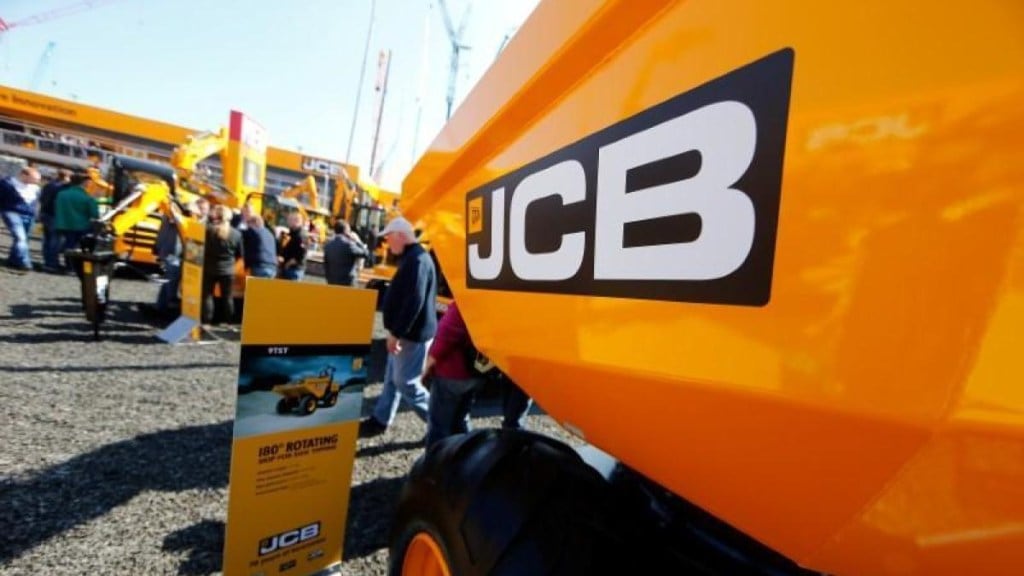Lord Anthony Bamford is best known for his position at JCB, one of Britain’s most successful family-owned businesses. As chairman of the iconic construction equipment manufacturer, he has presided over the global expansion of a company that stands for strength, durability and reliability in products ranging from 46-tonne tracked excavators to high-powered tractors. In a recent interview with a select group of journalists from India at the company’s world headquarters in Rocester, United Kingdom, Bamford spoke about the Indian market, his ‘bias’ for the country, and more. Edited excerpts:
What are your views on India as a market and the progress that the country has seen on the infrastructure front?
I’m wholly biased towards India, probably more than many of my colleagues in our business. India is a wonderful country and you got so much going on there…
Your country is expanding so quickly, and it is not just because you have a big population, but it’s partly because of the wonderful, young people you have, too.
In our case, we love employing ladies in our manufacturing business, something we wouldn’t normally have, say, here in this country or in America. They are very good. They have diplomas and degrees in engineering. The plant in Gujarat, which we opened last year, has 50% female employees, which is rare in our area…
In 1977, I did a ministry tour of China, which was just after the end of the cultural revolution, and then I came to India. I didn’t like the Chinese system. I know the business is growing and everything else. But India had so many pluses. I like the fact that the common language for business (in India) is English. It’s useful for us, and it’s also useful for running our business in India.
We continue to invest in India. I think you’re gradually taking over the world. I back India more than China.
Is there anything that concerns you, something that impedes your business or growth in India?
I’m sure there are some petty things, some elements could be taxation… There are still some areas where overseas companies are not allowed to operate but an Indian company would be allowed to. There is the withholding tax… You want to invest in India, but you get penalised when you want to take that money out of the country. But we continue to invest in India. It’s the taxation that is the issue and it can be more business friendly.
You invested £100 million in India last year. When do we see the next phase of investment kicking in?
We are investing in India all the time… Proportionally, we are investing more in India than we are in other parts of the world. This is not so much of what’s in your product in the big factory, but it’s what you put inside. That’s where the real investment is… We try to reproduce everything we do here, in your country. And we are happy about it.
You are testing hydrogen-powered machines in the UK. Once that comes up to commercial production, will you also look at the Indian market for those kinds of products?
We make engines in India. Every day, we make 200 engines. If we are making hydrogen engines commercially, we would be making them in India as well. I can’t tell you when, but the biggest problem is— where do you get hydrogen from?
(The writer was in the UK at the invitation of JCB)

